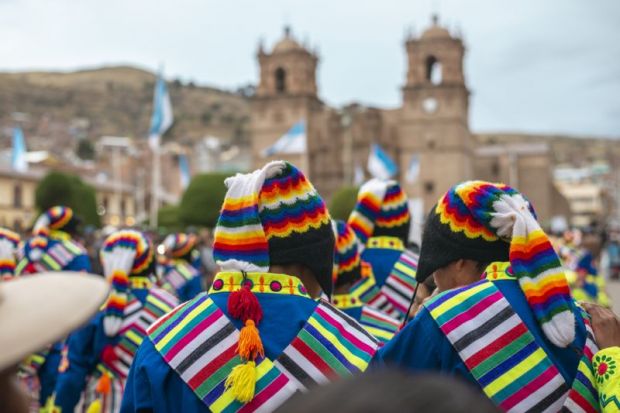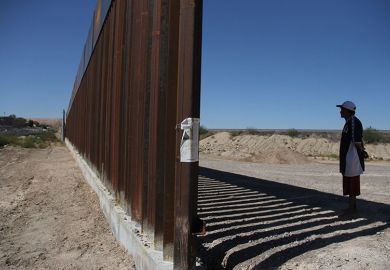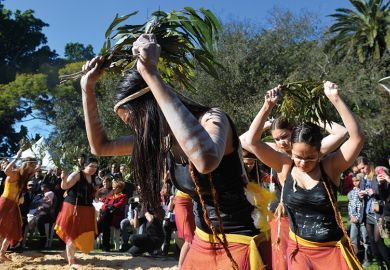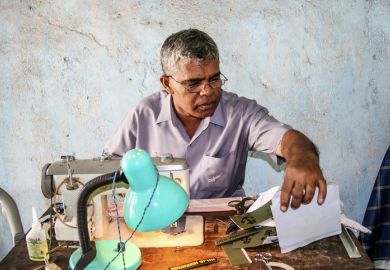Latin American universities are increasingly opening up to people from indigenous communities by going beyond offering scholarships to reimagine what the education on offer looks like.
Classes being taught in indigenous languages, mentoring and tutoring opportunities and creating new centres in areas with large indigenous populations were among the initiatives being developed, Times Higher Education’s Latin America Summit at the Monterrey Institute of Technology heard.
Despite making up a large proportion of the continent’s population, indigenous groups have historically very low participation levels in higher education in Latin America.
Earlier this year, it was announced that a new national university specialising in indigenous languages will open this September in Mexico, but existing universities are also expanding their efforts in this area.
Enrique Castañeda, rector of Cayetano Heredia University in Lima, Peru, said, given the country has 5 million people who speak a language other than Spanish, some students are now being taught in both Spanish and an indigenous language.
These students also receive scholarships and additional mentoring and tutoring to help them continue through higher education, he explained.
Fernando León-García, the president of the CETYS Universidad system in Mexico, said participation of indigenous groups was a “growing concern” that institutions were addressing with a variety of strategies.
“At the very least this involves finances but just tuition itself is not enough,” he told the summit.
“There is more that we need to provide to these groups that are considered marginal in order for them to succeed.”
Dr León-García said that as well as facilitating access, universities had to do some “hand holding” and help students to be successful when they graduate.
It was important, he added, to ensure lecturers were from diverse backgrounds as well because “sometimes there is a great mismatch between who is teaching and who they are teaching”.
Latin America is also “way behind” on the issue of ensuring diversity at the senior leadership level, Dr León-García said.
Juan Pablo Murra, the rector for higher education at Tec, said the university has created its first vice-president of diversity and social impact position.
A new Centre for the Respect of Human Dignity is also leading work on gender, LGBT issues, access for people with disabilities and cultural diversity.
Professor Murra explained that in Mexico only a small percentage self-identify as being part of an indigenous group, although most have some indigenous heritage.
In Chiapas, an area that is home to 1 million people who speak a language other than Spanish, Tec has established a campus and programmes that allow students to “work hand in hand” with indigenous communities to collaboratively tackle the problems they face.
Students have worked in partnership with Mexican artisans, for example, to help them sell products online via Instagram.
Register to continue
Why register?
- Registration is free and only takes a moment
- Once registered, you can read 3 articles a month
- Sign up for our newsletter
Subscribe
Or subscribe for unlimited access to:
- Unlimited access to news, views, insights & reviews
- Digital editions
- Digital access to THE’s university and college rankings analysis
Already registered or a current subscriber? Login








